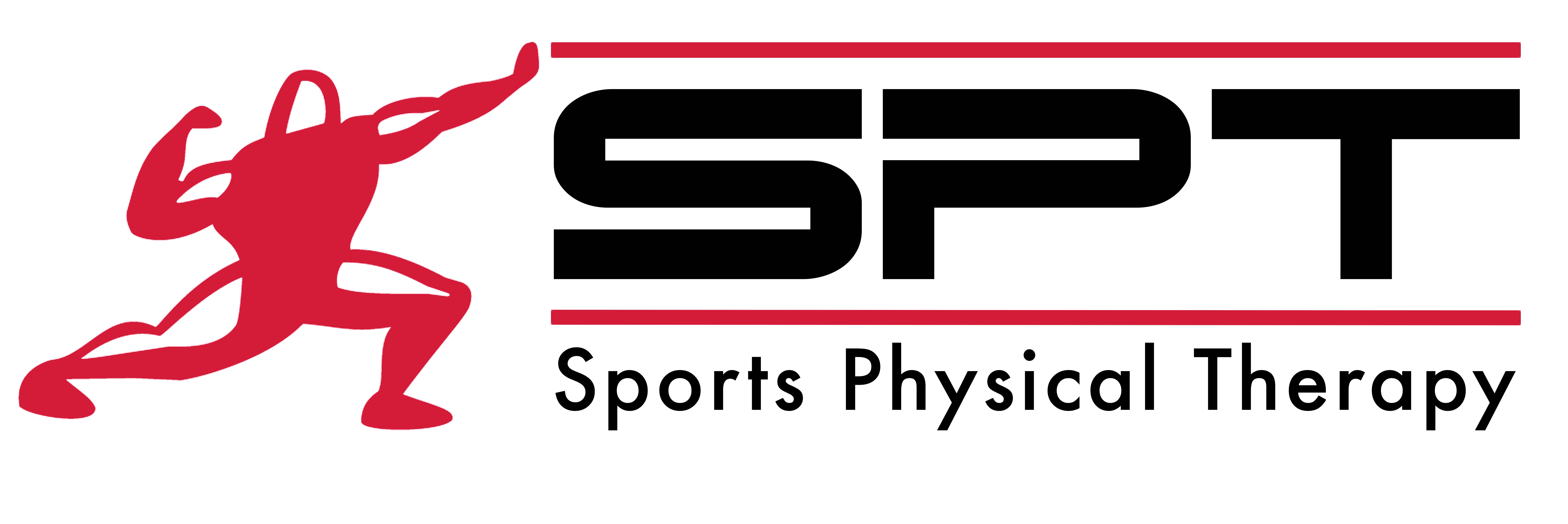Heavy bags could be causing you back and shoulder pain. According to the American Chiropractic Association, around 80% of the US population may have back pain at some point in their lives. We want to help you avoid being part of the 80 percent that suffer from pack pain, and the point of this blog will be to help you understand the stress you are putting on your body by carrying heavy bags or backpacks.
Long-term consequences of oversized bags include muscular cramps and pinched nerves, and the damage done to your back, neck and shoulders can be significant.
When carrying heavy bags or objects on the same side of the body for an extended period, the shoulder might slide forward and down. As a result, the muscles in the upper back and neck will strain, leading to weak muscles.
You may avoid discomfort and maintain a healthy lifestyle by including regular exercise and mindfulness in your routine. If you can focus on maintaining the various parts of the body and strengthen the muscles in these problem areas, you will alleviate or eliminate the pains you are feeling.
Another thing to consider is that you may just need to adjust the fit of your bag, or simply carry less to avoid putting stress on these areas.
Personalize your backpack to fit you properly
Children and adults alike use backpacks or bags to carry their books, laptops, gear, and supplies throughout the day. Unfortunately, when used improperly, long-term side effects of using heavy bags continuously can result in poor posture and pain.
Many of us like to fill our bags to the maximum capacity in order to save us trips to and from the car or office, and we love a bag that can fit many of our necessities for the day or days. It is only natural to try to fit and utilize the whole bag, rather than just a small portion of it. This can be detrimental to the health of your back, shoulders, and neck.
Make the extra trip, find other ways to transport different items, and do not try to carry a full bag or backpack if you can avoid it. 15-20 pounds on the back or shoulders for an extended amount of time is a lot of stress for those muscles and joints. So, how do you know if the bag or backpack is too heavy?
Your backpack is too heavy if:
- It is difficult to put on or take off.
- You have pain from wearing it.
- You feel tingling or numbness in your limbs.
- Strap marks show on your shoulders.
- Your posture changes while wearing it.
What can you do to help avoid or eliminate the stress put on your back, shoulders, and neck when wearing a heavy bag?
Tips to reduce weight and help posture:
- Every few weeks, go through your pack and remove any unnecessary items.
- Load the heaviest items closest to your back.
- Arrange books and other supplies so they will not slide around in the backpack.
- Consider using a book bag on wheels.
Other tips to help you reduce the stress on your body while carrying bags
When the straps of a bag are hiked too high, they might pinch muscles. However, if they are too low, the weight distribution may cause spinal discs to compress, leading to long-term back issues, or the spine to flex forward or backward to balance the weight. Both can be harmful.
Weight distribution is important to consider when carrying a bag. If your body must lean, bend, or twist to pick up and carry bags, it feels the added level of stress that can cause issues.
Another thing to consider is the material which the bag is made of because it can be added weight if it is a heavier material, and the design can also affect how you carry it and the distribution of weight can often be determined by the style of bag. It might look great, but it could be causing more harm to your back and shoulders. If it has two straps, use them. It might be more convenient or could be designed to use just one strap, but this is also not good for the body.
Do you have back, neck, or shoulder pain that could be due to carrying heavy bags?
If you want to continue being active, staying busy on the weekends hiking, playing sports with family, and want to avoid aches and pain or relying on painkillers, arrange a free discovery visit.
We have worked with hundreds of athletes from a wide range of sports, and through Physical Therapy, Massage Therapy and Personal Training enabled them to perform at their best in their sport.
To find out how our rehabilitative experts utilize a variety of physical therapy techniques that can help you overcome your pain and stay active, arrange a free discovery visit by completing the online contact form in under 30 seconds or call our friendly team on (425) 252-3908.
Unsure whether we are right for you?
We understand that you may not have visited a Physical Therapy clinic before and are unsure whether it is going to help you.
If so, check out this review from K J Wright, Linebacker for the Seattle Seahawks:
“Can’t thank SPT enough for getting my body back strong! They understand how to be smart and work hard at the same time! Awesome group to work with”
Our team were able to help KJ, and we can help you too!
Arrange A Free Discovery Visit at one of our five locations (Bellevue, Everett, Factoria, Kirkland and Lake Stevens) today!
Other Helpful Ways To Stay Active And Exercise Pain-Free
Follow Us On Social Media – Sports Physical Therapy Facebook and Sports Physical Therapy Instagram

